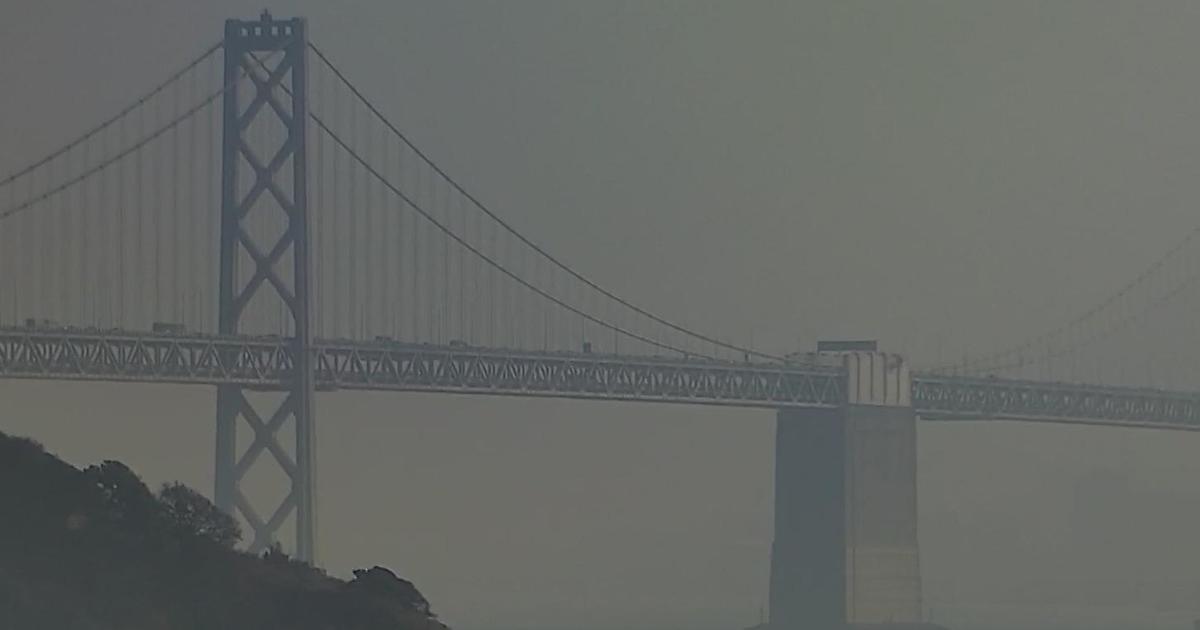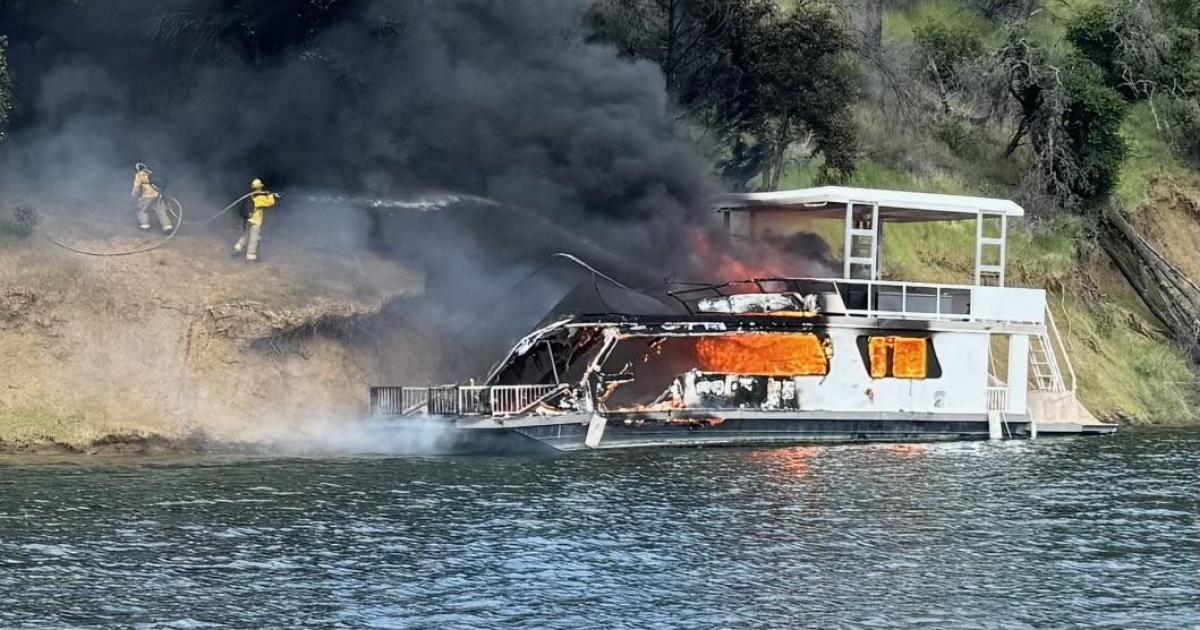Lack Of Fog Is A Threat To Northern California's Majestic Redwoods
MILL VALLEY (KPIX 5) -- Some days it ruins the view, some days it is the view.
The Bay Area is known for its fog, but there's less and less of it these days, and lack of fog is threatening another natural icon -- the majestic redwoods.
On a typical day in San Francisco, fog envelopes the Golden Gate Bridge. Thick blankets of marine layer cover the Pacific near Stinson Beach. Only most days, these days our coastline looks clear.
"There's much less fog along the coast than there has been" says meteorologist Mike Pechner. He has been studying coastal weather data for thirty years.
"I think this is a major part of climate change," says Pechner. "Something that has been evolving for twenty years or more."
There's simply less and less clinging to the coast each year.
At Muir Woods in Marin, visitors come from all over the world to see the giant redwoods. Some are nearly one thousand years old. Yet many are suffering, and more and more could be in danger in the years to come.
"We know that part of the reason that the trees thrive here at Muir Woods is because they are dependent on that fog that comes in," says Park Ranger Emily Levine.
On a typical day, people would more often than not have to wear rain jackets to stay dry -- that is, if there was fog. But we're seeing fewer raincoats these days.
Here's what's going on. When the coastal fog gathers over the redwoods, it literally saturates the canopy of the trees, then it falls to the ground like rain. The problem is, when there is no more moisture it could stress out the trees and perhaps over time, even kill them.
Each redwood tree requires 500 gallons of water a day.
All along the North Coast and south to Monterey entire stands of redwoods are in danger and many different species of trees around them are dying. Researchers at UC Berkeley have determined that coastal fog has steadily diminished for decades.
"The oldest trees here are up to 1000 years old, so they grow slow and live on a different time scale than humans," says Levine. "What we do know is that they are adapted to live in a very specific environment that gives them a lot of moisture so inevitably if the climate continues to become drier there will be significant consequences for the redwoods."
Is there reason to believe this might continue?
"Certainly," says Pechner. "I have no reason to believe that it won't continue."



